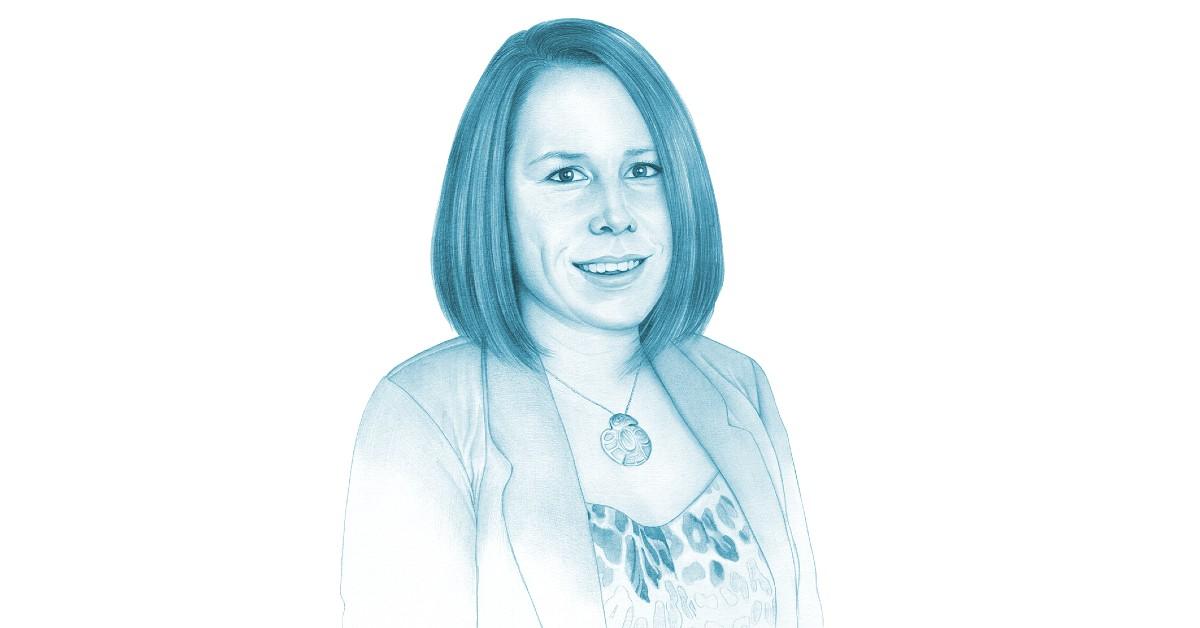The awards meant more than money

“The award was like a signal that I was doing the right thing. A sign."
Megan Whonnock, 34, always meant to get a university degree, but somehow life kept getting in the way.
As a teenager, she volunteered on a provincial youth council and the experience helped her land a good job, fresh out of high school, which led to a decade with the Victoria Native Friendship Centre.
“I started doing professional work and that opened new doors for me -- I learned so much on the job. And then I became a parent at 19,” she says, explaining how her formal education got derailed.
Whonnock, who is a member of the Sayisi Dene First Nation, also earned a diploma from Camosun College in Indigenous Business Leadership while coordinating youth programs and raising a growing family. A busy decade passed, and she knew that if she put off doing a degree any longer she was going to be faced with making that speech every parent dreads— “do as I say, not as I do"—and she decided it was time to get a BA.
“I wanted to be a role model for my children,” says Whonnock, adding that she also wanted to give them more opportunities. By the time she returned to school she had a trio of kids under 10 and a foster daughter, 18, and she wanted them all to see the value of education.
But with four kids, and two full-time jobs, Whonnock and her husband were already stretched for cash and time. And Whonnock wasn’t looking for just any degree. After 12 years in the workforce, a general interest BA held no interest for her. She wanted a program that meshed with her values, built on her existing knowledge, and gave her a cohesive set of skills that would move her career forward.
She found the Bachelor of Business Administration in Sustainability and International Business, with its small classes of under-30 students, fit her values and interests. But as a mature student, she was apprehensive about studying at a big, impersonal university.
“I worried about feeling alone. You don’t see a lot of indigenous students at Royal Roads, and to me, the campus seemed very big,” she says. Although her fears were laid to rest when she got to know her classmates.
“I was the oldest in my cohort, and the only parent, but they were really respectful,” Whonnock says. She recalls little kindnesses. Gestures like arranging project meetings at her home in Victoria, so she didn’t have to worry about childcare. It wasn’t long before she felt she was part of a community.
While there’s no doubt that the grants, bursaries, and scholarships made all the difference to Whonnock, she says that the awards meant more than money.
“I got an entrance award and it was like a signal that I was doing the right thing. A sign. I was being welcomed.”
And she got another sign she did the right thing, in April 2018, when she graduated. She stepped into a new job: Indigenous Economic Opportunity Analyst with the B.C. Ministry of Jobs, Trade and Technology.